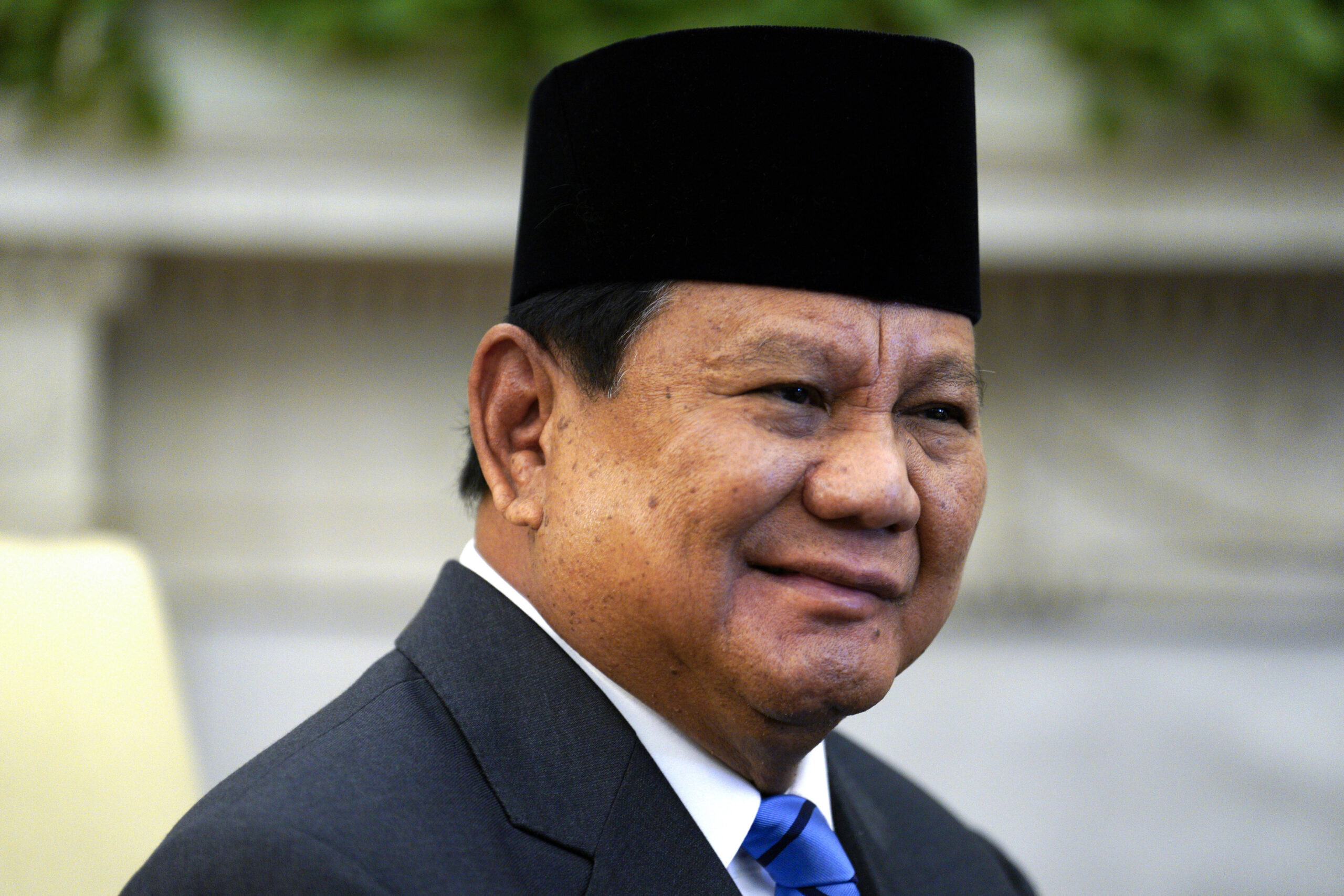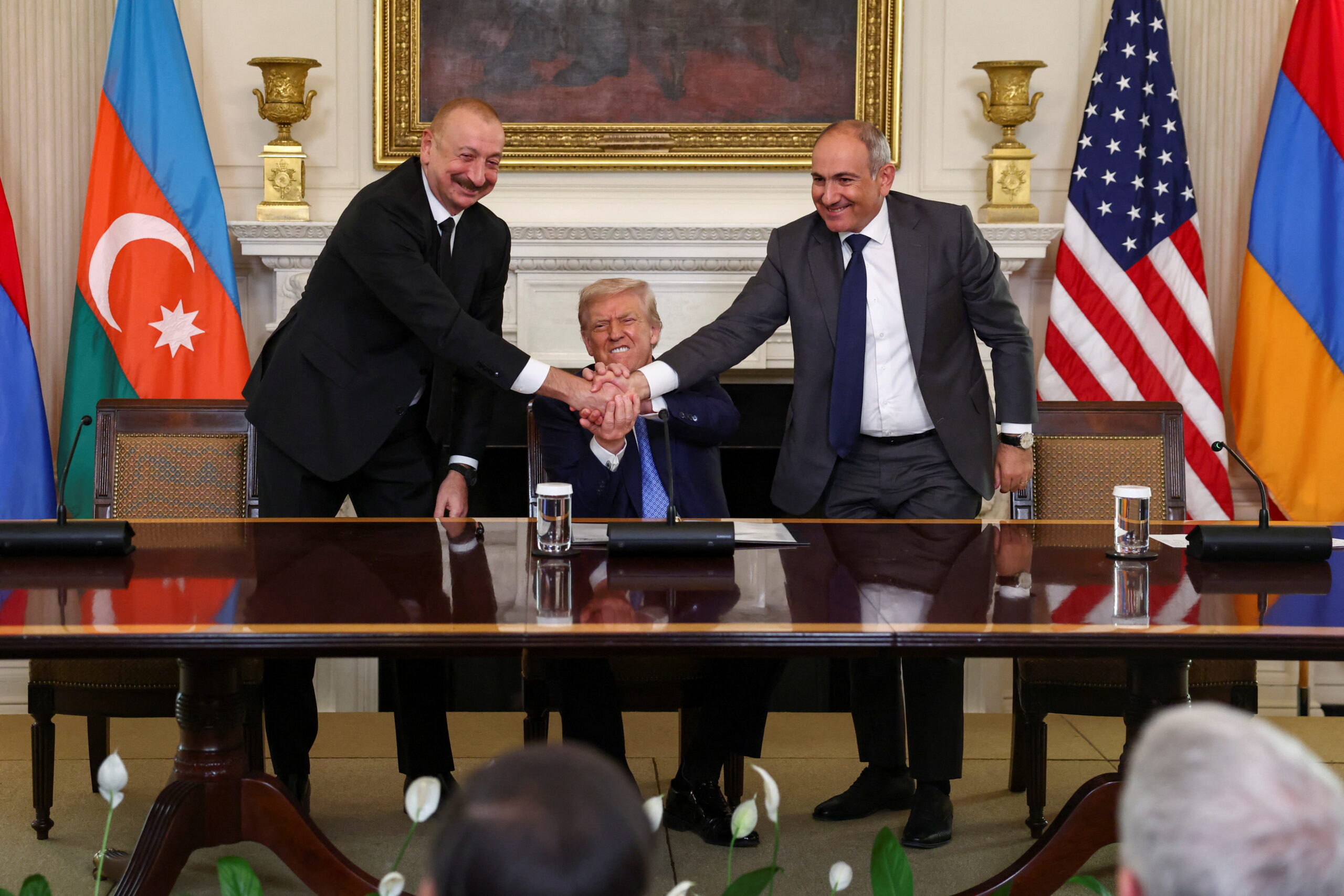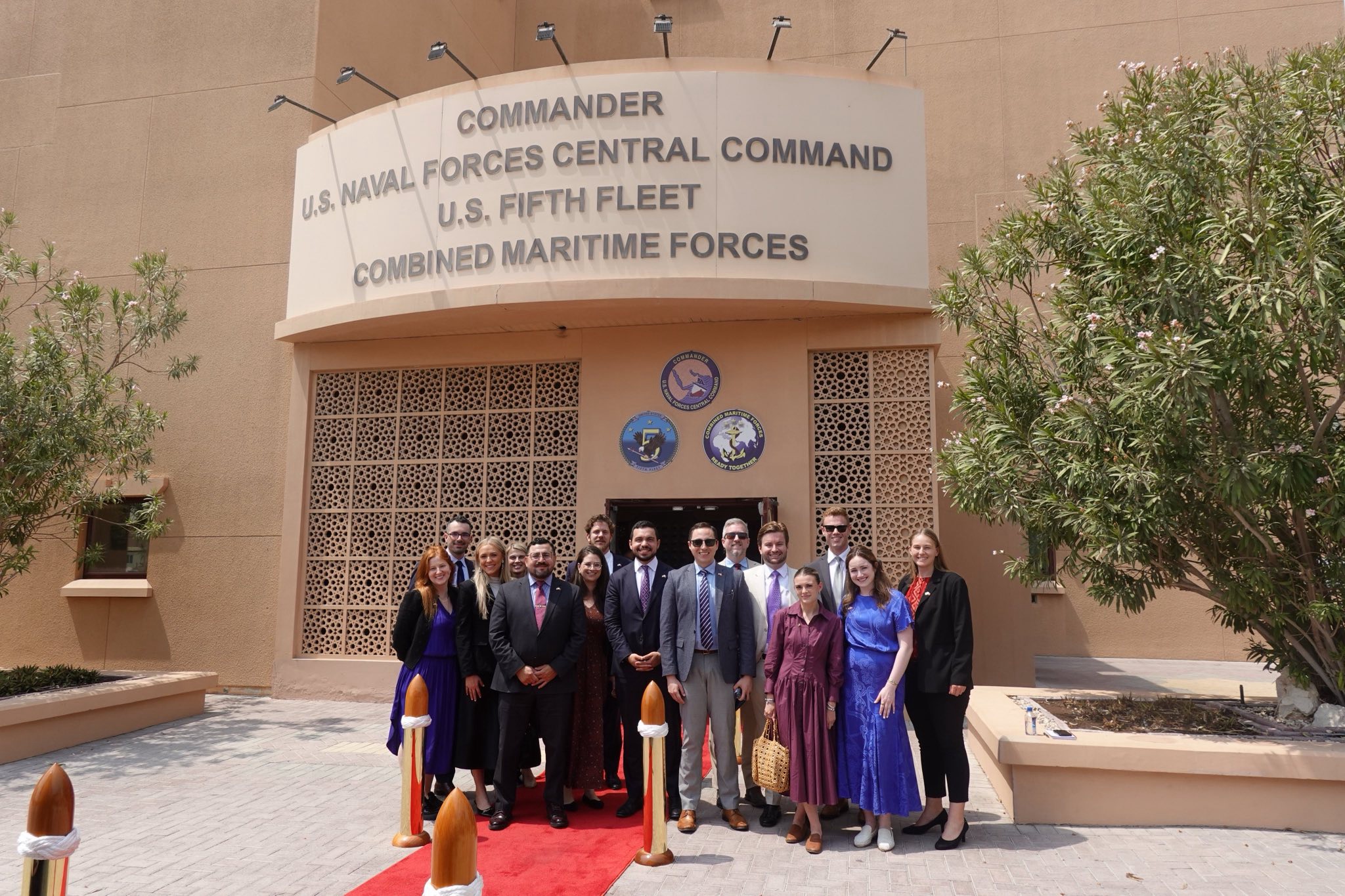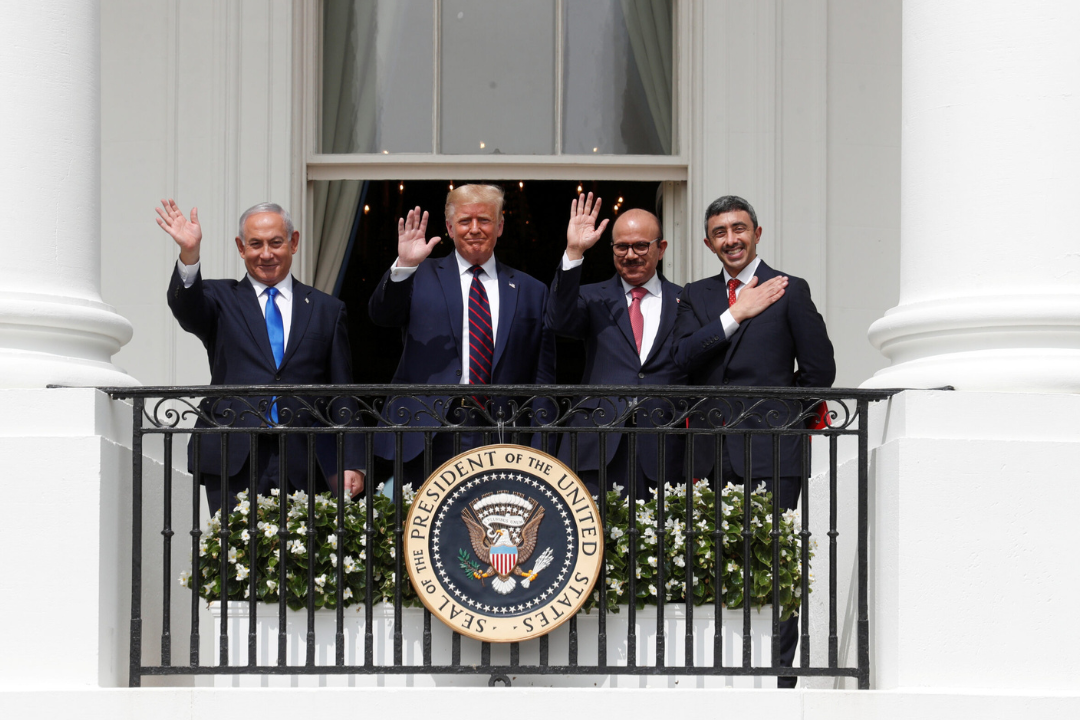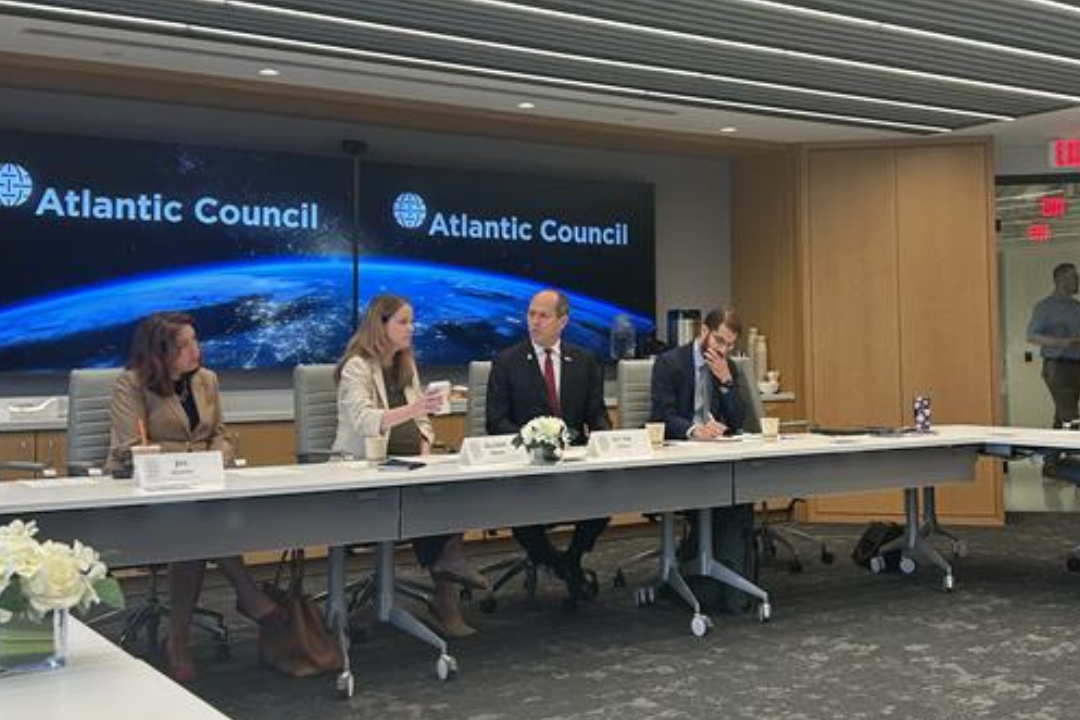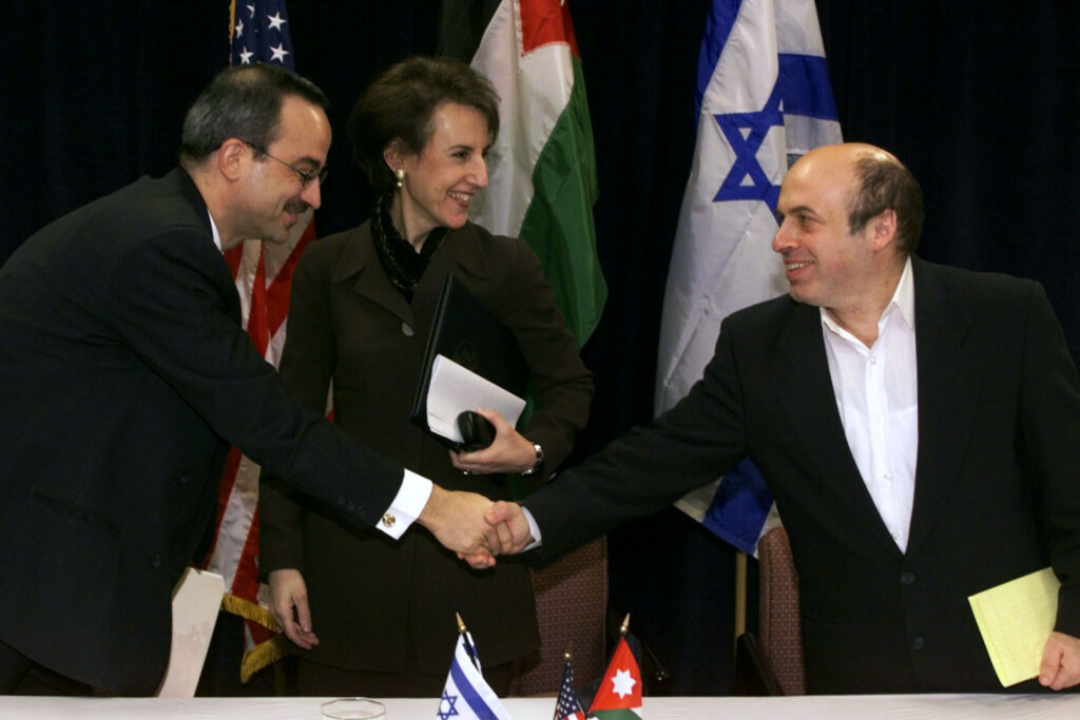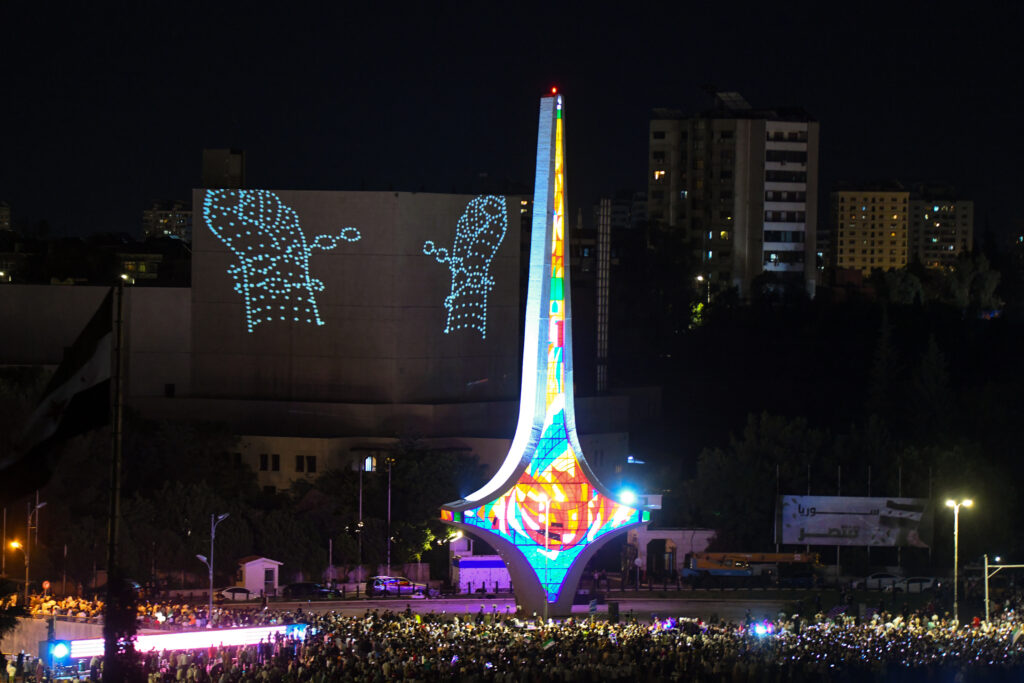In November, outgoing President Joe Biden met separately with Indonesian President Prabowo Subianto and Israeli President Isaac Herzog in Washington. The fact that the joint statement highlighted the importance of “Israel’s security concerns” reflects Jakarta’s openness to normalization with the Jewish state.
Indonesia, the world’s fourth-most populous country and the most populous Muslim-majority one, would be a crown jewel of Israel’s normalization efforts. The Israeli and US governments should prioritize its inclusion in the Abraham Accords.
Indonesia scarcely hides its desire for better ties with Israel. Earlier this year, Jewish Insider reported that the two countries had prepared to normalize relations in October 2023, but Hamas’ assault on Israel derailed their announcement. The reporting followed years of speculation that Indonesia and Israel might strike a deal. Their doing so would be a boon to Israeli security and prosperity.
Indonesia has much to offer Israel. Indonesia has the world’s sixteenth-largest economy, just behind Spain, South Korea, and Australia. Its economy is projected to overtake Russia’s in Purchasing Power Parity terms in 2026 and is currently larger than the economies of the United Arab Emirates (UAE), Bahrain, Sudan, and Morocco—the countries already in the Abraham Accords—put together. It has a dynamic, growing workforce. It has plentiful natural resources and is the world’s largest palm oil producer, second-largest rubber producer, and fourth-largest coffee producer.
Normalization will spur considerable commercial benefits for both nations. At just a few hundred million dollars per year currently, trade between Israel and Indonesia has so much room to grow. Israel could import many more Indonesian raw materials and manufactured goods, while Indonesia could buy many more Israeli pharmaceuticals and other high-tech products. Tourism could also expand, permitting more Indonesians to visit holy and historic sites throughout Israel and more Israelis to visit vacation spots throughout Indonesia.
This isn’t a pipe dream. Take the prolific business Israel and the UAE have already done together as an example. Trade between Israel and the UAE, whose economy is roughly one-third the size of Indonesia’s, totaled nearly $3 billion in 2023. Israel and the UAE also concluded a free trade deal only three years after normalizing relations. There shouldn’t be anything stopping Israel and Indonesia from moving just as quickly.
The security realm is similarly promising. The two countries have a decadeslong history of defense ties, dating back at least as far as the presidency of Jimmy Carter, whose administration oversaw the sale of American-supplied A-4 Skyhawk warplanes from Israel to Indonesia. Israeli arms could help Indonesia deal with its increasingly unstable neighborhood. Perhaps more importantly, Jerusalem could share its counter-terrorism capabilities with Jakarta, which has long battled Islamist terrorists throughout the country.
More generally, Indonesia occupies a key location in the Indo-Pacific, a region Israeli strategists have increasingly prioritized. The more Israel expands its footprint there, the better for its geopolitical standing.
Indonesia’s joining the Abraham Accords might encourage other countries to follow suit. The Association of Southeast Asian Nations is headquartered in Jakarta and has two other member states, Malaysia and Brunei, that do not have formal relations with Israel. Although the two haven’t shown the same openness to normalization as Indonesia, Jakarta’s going first might change things.
Yet normalization isn’t a fait accompli. Relations between Jerusalem and Jakarta have worsened since October 7, 2023. Anti-Israel protests have spread throughout Indonesia. “The list of violations of international law committed by Israel is too long,” then-President Joko Widodo said earlier this year in one example of his country’s harsh words for Israel’s war in Gaza. Then-Foreign Minister Retno Marsudi also walked out of the room alongside representatives from other Muslim countries while then-Israeli Ambassador to the United Nations Gilad Erdan addressed the Security Council. Indonesia has long called for the establishment of a Palestinian state, as President Subianto did during his trip to Washington.
All the same, Jakarta’s pronouncements haven’t been uniformly hostile to Israel. “Indonesia calls for a just solution to the problem, and that means the rights of not only Israel to exist but also the rights of the Palestinian people to have their own homeland and their own state living in peace,” said then-President-Elect Prabowo at this year’s Shangri-La Dialogue in Singapore in a statement that would not have looked out of place coming from a European statesman. The fact that Israel-Indonesia relations haven’t soured any more than they already have is promising. After the war in Gaza ends, normalization may very well be back on track.
One thing Indonesia is reportedly seeking in return for normalization is the Organization for Economic Co-operation and Development (OECD) membership. Although support from Israel for Indonesia’s accession could help, support from the United States will be much more pivotal. Washington should provide it so long as Indonesia makes progress toward OECD standards.
OECD membership isn’t the only way for the United States to be helpful. The incoming Donald Trump administration could offer President Prabowo a state visit, an honor accorded to no Indonesian since President Suharto in 1982. It could negotiate a new United States-Indonesia trade agreement—though navigating the United States’ $23.3 billion trade deficit with Indonesia could prove a challenge. It could promote expanded investment in Indonesia, something Prabowo lauded during his November trip to Washington. More US investment could help fight Chinese control of producing rare earths, which Indonesia has in droves. The Trump administration could also accelerate arms transfers, such as the sale of F-15 fighters approved in 2022.
Washington’s relationship with Jakarta is increasingly important as the threat from China intensifies. Indonesia should play more and more of a role in the United States’ Indo-Pacific security architecture going forward. The stronger Indonesia is, the harder it will be for China to dominate the region. A US-brokered agreement with Israel will remind Indonesians of the advantages of US leadership.
Given Israel’s current predicaments, it’s easy to overlook its opportunities. Not least, normalization with Indonesia will redound to the advantage of all parties involved.
Daniel J. Samet is the author of the forthcoming book US Defense Policy toward Israel: A Cold War History.

